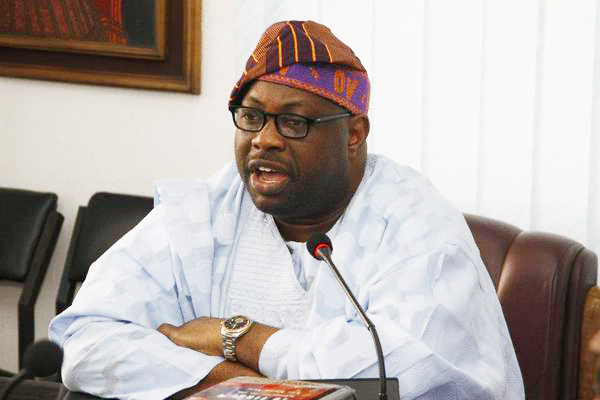The president of NLC, Comrade Ayuba Wabba, stated the position of the workers during the opening of its 2019 national leadership retreat holding in Enugu, regretting that Nigerian workers were forced to beg for their salaries.
“While other countries have fully accommodated and automated the process of minimum wage adjustments and are now focused on living wages, we are faced with a situation where we are forced to bargain too hard and wait for too long for meager increases in minimum wage and adjustments in salary.
“Let me also inform you that there is a difference between the law we have and the law that has existed from 1981 till date. In 1981 when the first minimum wage was enacted, there was no provision for sanctions. In this one we negotiated, there is a provision for sanctions because it is already a law. Any state or person that violates the provision of the law, there are three ways to address it: one is that the worker can report his union.
“Once you report, we can look at the means and avenues, including court, to enforce the provision of the law. So now there is a clout to enforce the provisions of the law. Clearly speaking, once there’s understanding or agreement about the issue of consequential adjustment, the issue is settled and where there is the issue of non-respect for the law, it can be enforced legally in a court of law,” he stated.
According to Wabba, Nigeria cannot be complaining of lack of funds to pay workers decent wages and invest in public infrastructure cum social services “when we have a lot of public funds in private pockets”.
He went on: “It is no longer discussed in hushed tones that the government is struggling with liquidity. As we know, this crisis is rooted in bad governance. Two things define bad governance in this respect – institutionalization of corruption in public expenditure and weaknesses cum sabotage in internal revenues accruable to government. On corruption in public expenditure, the issue of humongous salaries and allowances paid to elected public officials and contract inflation top the list of our concerns.
“On the other hand, the loss of government revenue due to internal sabotage by unpatriotic public officials is very alarming and worrisome.’’
The labour leader urged the Federal Government to reject additional loans from the World Bank, and, instead, pursue the payment of funds accruable to Nigeria from periodic adjustments in remittances by international oil companies (IOCs) subject to increases in the price of petroleum above $20 per barrel.
He said the Federal Government officials failed to activate the clause for more than 20 years thus allowing the IOCs to stash away more than $100 billion in unpaid royalties to Nigeria.
“We urged the Federal Government not to rest on its oars until it recovers every kobo owed us by the IOCs. Government officials behind this criminal neglect must be prosecuted to the fullest extent of the law. We call for a tax system that captures many businesses, and rich people must be compelled to pay more taxes in commensuration to their income,” he urged.
Governor Ifeanyi Ugwuanyi of Enugu State, who opened the retreat, commended the NLC for playing a pivotal role in the implementation of government policies and programmes.
He promised that his administration would prioritize workers welfare. “Enugu State workers will get a better deal in the implementation of consequential adjustments of the minimum wage,” Ugwuanyi said.
But his Ebonyi State counterpart, David Umahi, said that following the drop in federal allocation, his administration would soon review the workers salaries.
Umahi disclosed the plan at the Government House in Abakaliki when he distributed 68 Hyundai cars as official vehicles to some members of the state executive council, permanent secretaries and development centre coordinators.
“It’s quite very tight. We are going into review of workers salaries which is a must, a commitment,” he stressed.
Meanwhile, the Minister of Labour and Employment, Dr. Chris Ngige, has called on the National Assembly to increase the budgetary allocation of the ministry to meet its operational needs.
He made the appeal while defending the ministry’s 2020 budget estimate before the Joint Senate and House of Representatives Committee on Employment, Labour and Productivity in Abuja.
Ngige said that it had not been rosy for the ministry because fund paucity had been its major problem. To him, the situation emanated from the fact that most of its activities are looked upon as intangible.
“We are not building roads, bridges, airports, but we are assisting the country to maintain a big and good social milieu that will make for security of everybody,” he added.
The Guardian










